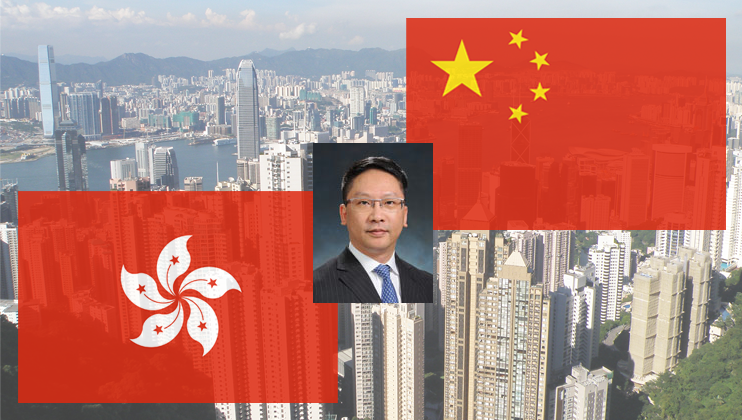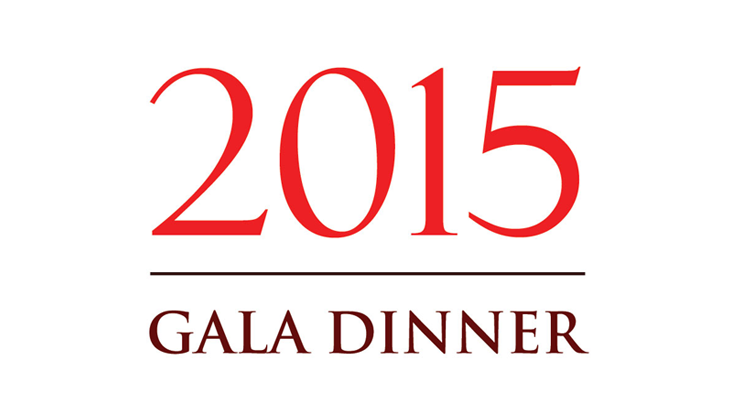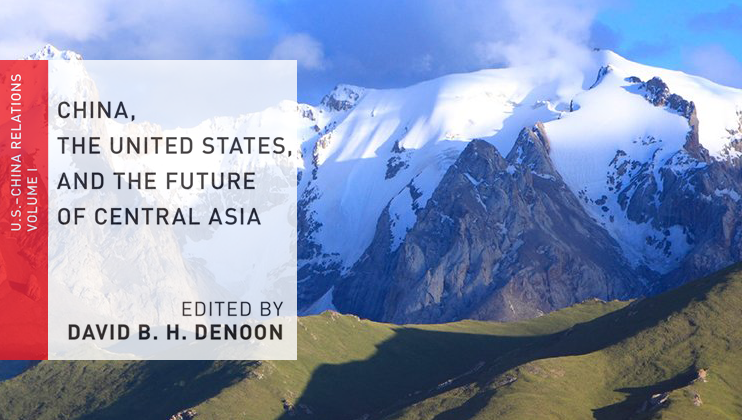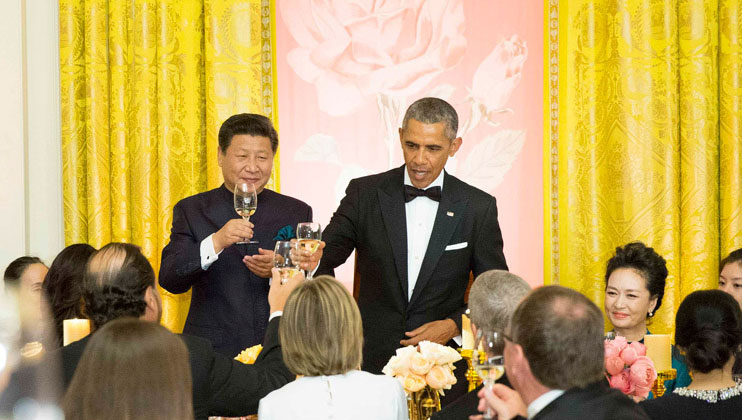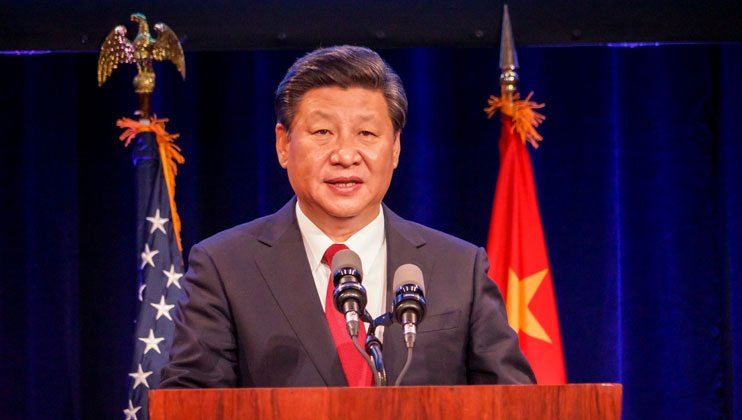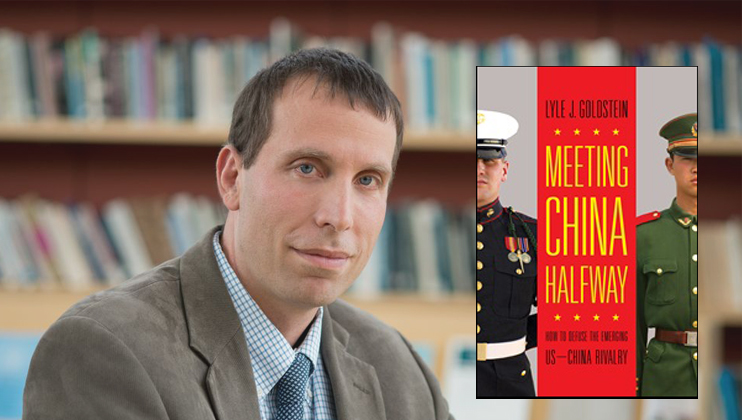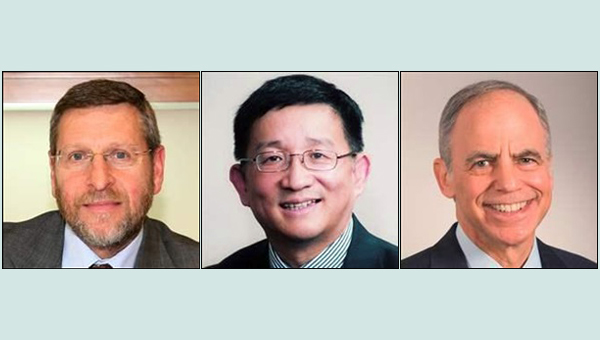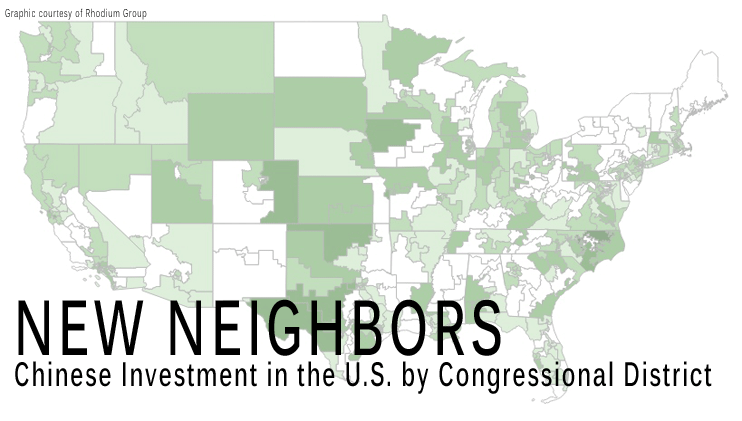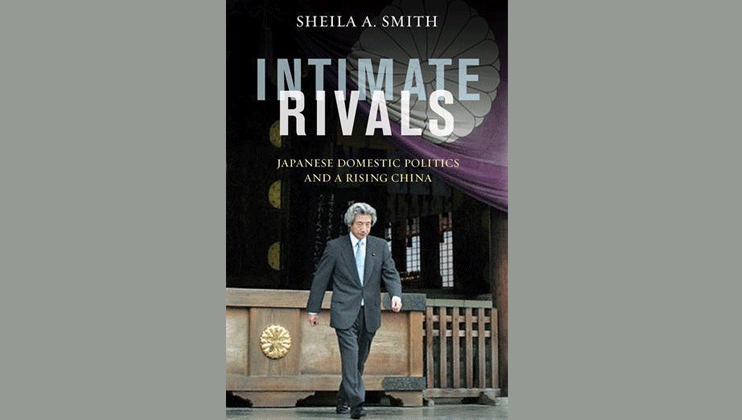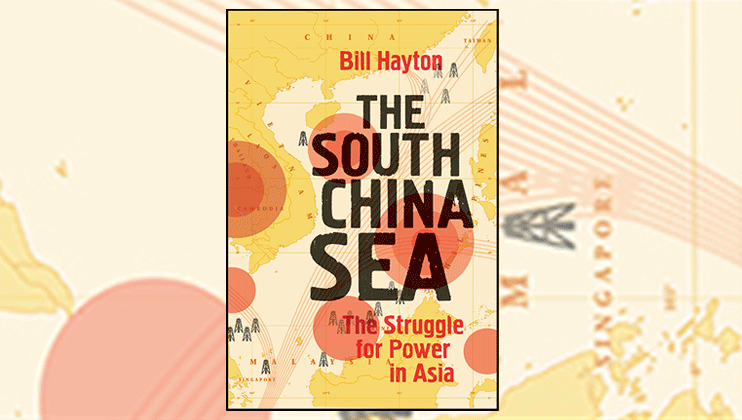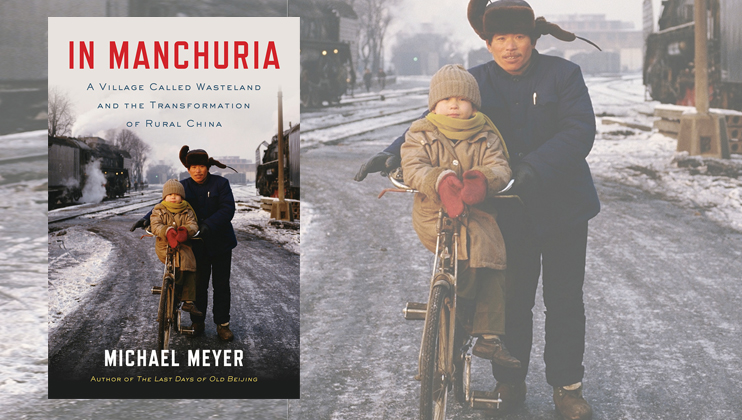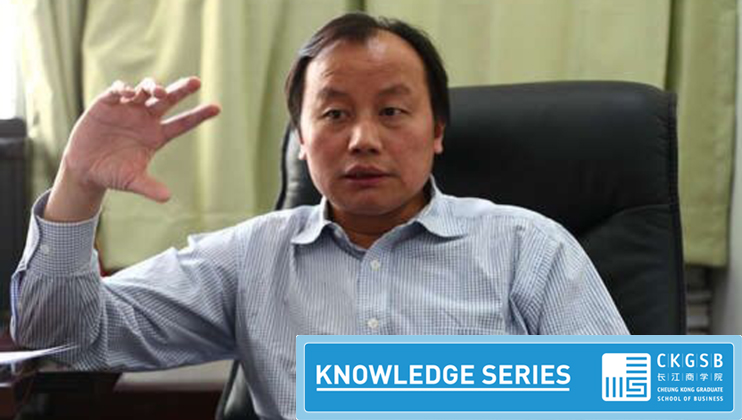Recent Events
A discussion on the current status of Hong Kong-Mainland relations, as well as the overall implementation of the 'One Country, Two Systems' policy with Hong Kong Secretary of Justice Rimsky Yuen Kwok-keung.
The evening recognized Stephen A. Schwarzman, Chairman & CEO of Blackstone, and Ian C. Read, Chairman & CEO of Pfizer, Inc.
Since the break-up of the Soviet Union, the independent countries of Central Europe have played a little-discussed role in Sino-U.S. relations as the two countries have pursued different objectives in the resource-rich and politically unstable region while avoiding direct clashes. In China, The United States, and the Future of Central Asia, David B. H. Denoon explores the behavior and […]
In an on-the-record teleconference moderated by NCUSCR President Steve Orlins, the two reflect on Xi’s trip and its implications for U.S.-China relations.
Chinese President Xi Jinping delivers the only public policy speech of his U.S. visit during a dinner co-hosted by the National Committee.
Lyle Goldstein focuses on American and Chinese perceptions of where their interests clash and proposes ways to ease bilateral tensions through compromise.
David Dollar, Cheng Li and Kenneth Lierberthal discuss the then upcoming June 2015 Strategic and Economic Dialogue.
After a slow start, China has emerged as one the fastest growing sources of foreign direct investment (FDI) in the United States. To date, debates about potential national security risks from these investments have dominated headlines. However, there has been no comprehensive assessment of the impact of growing Chinese FDI on U.S. communities – until now.
Sheila Smith discusses the implications of the Sino-Japanese relationship on U.S.-China relations.
Bill Hayton, a journalist with extensive experience in the South China Sea, examines the quality of the evidence behind the claims to the region which originated in debates in the 1930s; the claims have been repeated ever since without consideration of their basis in fact.
Michael Meyer's new book, In Manchuria, is a combination of memoir, reportage, and historical research, presenting a unique profile of China's northeast.
Professor Hu Biliang discusses China’s new urbanization program for the period 2014-2020 and suggests how the government might minimize negative effects of the new policy.
